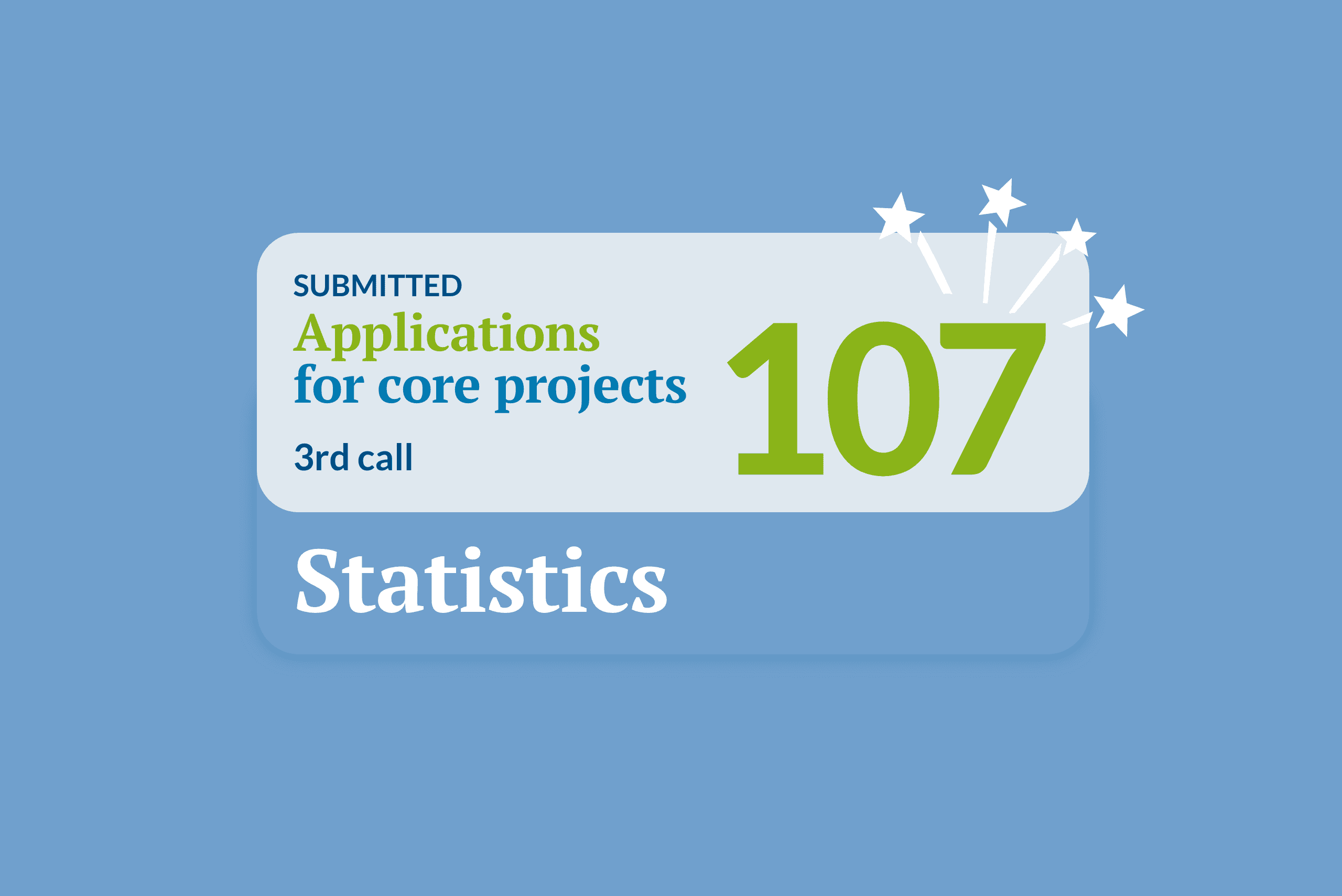
25 June 2024
107 directions to shine!
Written by Anna Galyga
From PIF to the sky
When applying for funding with Interreg Baltic Sea Region, it is obligatory to submit a project idea form, in other words, a sketch of a project. Based on this project idea form (PIF), the applicants can request a tailor-made consultation. By mid-April, the applicants managed in fact to develop as many as 203 project idea forms.
There were multiple other ways how the Managing Authority/Joint Secretariat supported the applicants along the application process: from webinars and Q&A sessions to tutorials and an array of support materials published in the gateway for applications.
107 inspiring ideas to shape the future
Finally, after months of intensive work, the applicants have succeeded in submitting as many as 107 fully-fledged applications. Almost 1000 organisations from all nine Programme area countries developed 55 applications fitting under Priority 1 Innovative societies and 52 applications – under Priority 3 Climate-neutral societies. The highest interest attracted Programme Objective 1.1 Resilient economies and communities with 32 applications. This time, the least popular turned out to be Programme Objective 3.1 Smart green mobility with seven applications.
A very exciting number to highlight is the share of newcomers amongst all the organisations involved in the partnership: 43% organisations involved are new to the Interreg family and are eager to shape the future of the region by working transnationally! Overall, the highest number of applicants comes from Finland and Poland. Finland also scores highest for taking the lead partner’s role.
Another highlight refers to a very high number of public authorities, sectoral agencies and service providers involved as partner organisations, which goes in line with line with one of the Programme’s main focuses: support public authorities in meeting the demands of communities and companies on the ground.
Next steps
Now, the applications are undergoing an admissibility check and a thorough assessment. This will enable the Monitoring Committee members, who convene in mid-November, to select the best project applications which most comprehensively address the existing challenges in the region and bring practical solutions for a green and resilient region.
Check out!
Project library with already funded projects
More recent news
Grand results of the first round of small projects!
Despite the winter scenery, the results of 17 finalised Interreg Baltic Sea Region projects are in full bloom! And behind them lie two years of intensive work across borders, mutual learning and inspiration, and connections that last.
Climate-neutral future at hand for Baltic Sea region cities
Turning a city into a climate-neutral one requires knowledgeable people, thorough planning and solid financial resources. But how can cities manage this transition smoothly? The Interreg project Climate-4-Case guides cities around the Baltic Sea on how to do that right.
Designing Interreg Baltic Sea Region that belongs to everyone
10 December 2025 Designing Interreg Baltic Sea Region that belongs to everyone Written by Eeva Rantama What if the next Interreg Baltic Sea Region...
Monitoring the Programme’s progress: transnational cooperation in the making
Representatives from nine Programme area countries gathered in Berlin on 19-20 November 2025 to review the progress of the Programme’s implementation and start preparing for the post-2027 period.







